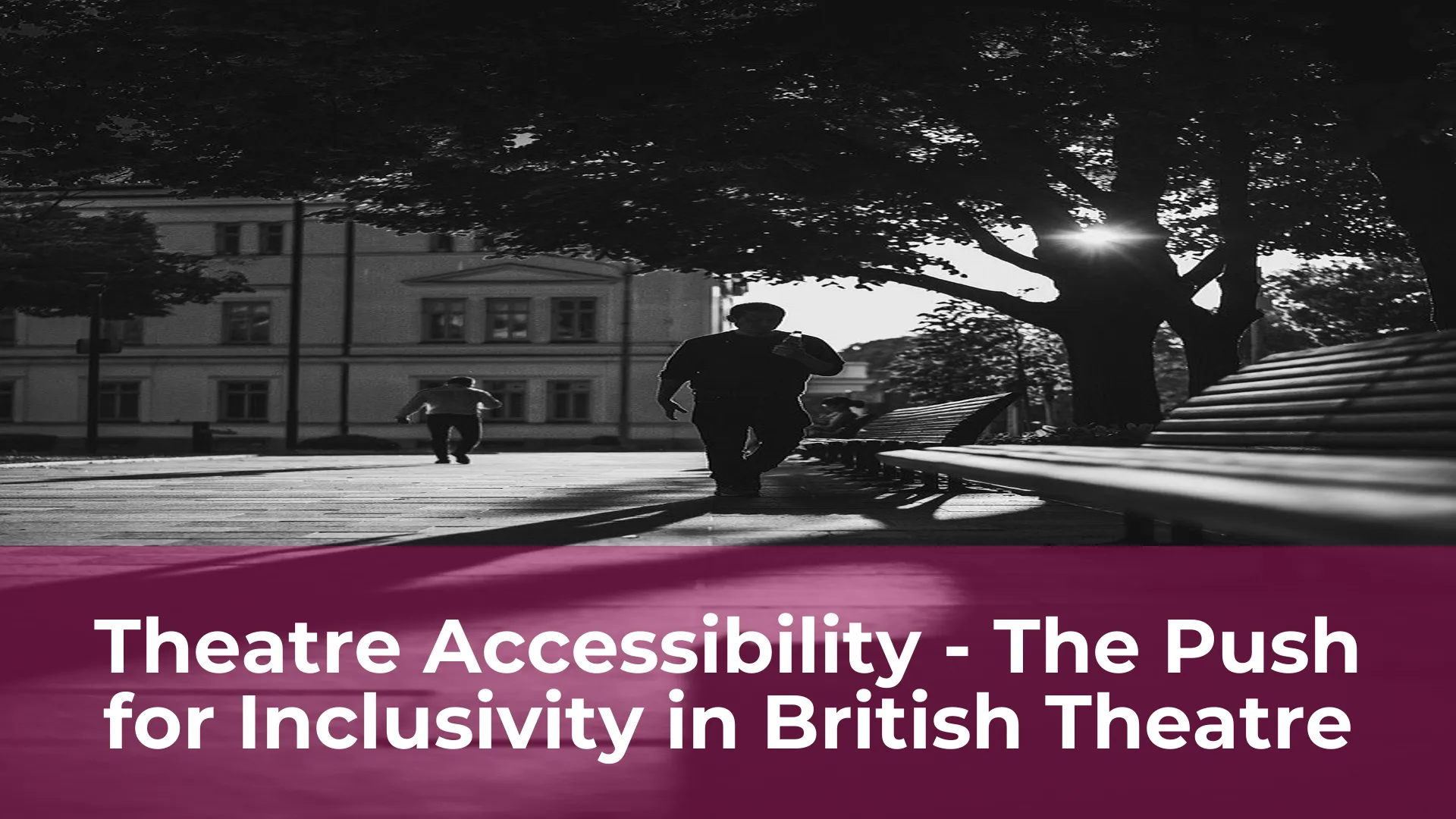Theatre is an art form that should be accessible to everyone, regardless of their abilities. Unfortunately, the traditional layout of theatres and lack of accommodations for those with disabilities have made attending performances a challenge for many. However, in recent years, there has been a push for inclusivity in British theatre, with many companies taking steps to make their shows more accessible to a wider audience.
The Importance of Theatre Accessibility
Theatre is an art form that has the power to transform people’s lives by touching their hearts, inspiring them, and giving them an escape from reality. However, not everyone has equal access to this wonderful form of entertainment. Theatre accessibility is essential for people with disabilities who face a range of barriers in attending theatre performances. These barriers include physical barriers such as steps, narrow aisles, and limited seating for people in wheelchairs. Without accessibility, people with disabilities are excluded from experiencing the magic of theatre, which is a fundamental right that should be enjoyed by all.
The Current State of Theatre Accessibility in Britain
Theatre is an art form that should be accessible to all, yet many people with disabilities face barriers when trying to attend a performance. According to a recent report by the charity Attitude is Everything, only 10% of venues surveyed had adequate access provisions for deaf and disabled customers. This is a disappointing figure for a country that prides itself on being inclusive and diverse. The report also found that many venues lacked basic facilities such as accessible toilets and seating. These issues not only exclude disabled audiences but also limit the opportunities for disabled performers and creatives.
However, there are some positive developments happening in the industry. The National Theatre has recently introduced a scheme called Smart Caption Glasses, which provide on-demand captions for deaf and hard-of-hearing audience members. The Royal Shakespeare Company has employed an access consultant to improve accessibility across all areas of the company. And the Society of London Theatre has launched the Access London Theatre guide, which provides information on access provisions for over 300 theatres in the capital. These initiatives are a step in the right direction, but more needs to be done to ensure that theatre truly becomes a welcoming and inclusive space for all audiences and artists.
The Rights of Disabled Theatre-Goers: A Legal Perspective
Theatre is an art form that has the power to move, inspire, and entertain people from all walks of life. However, for disabled individuals, attending a theatrical performance can be a challenging experience due to physical barriers or inadequate accommodations. In recent years, there has been a growing awareness of the rights of disabled theatre-goers, and a concerted effort to ensure that all individuals have equal access to this important art form.
From a legal perspective, disabled individuals have the right to equal access to public accommodations including theatres. Title III of the Americans with Disabilities Act (ADA) prohibits discrimination against individuals with disabilities in places of public accommodation, including theatres. This means that theatres must provide reasonable accommodations, such as accessible seating, assistive listening devices, or sign language interpreters, to ensure that all individuals can enjoy the performance. Failure to provide such accommodations can result in legal action and significant penalties. It is important that theatre managers and staff understand their legal obligations and work to ensure that their facilities are accessible to all patrons.

